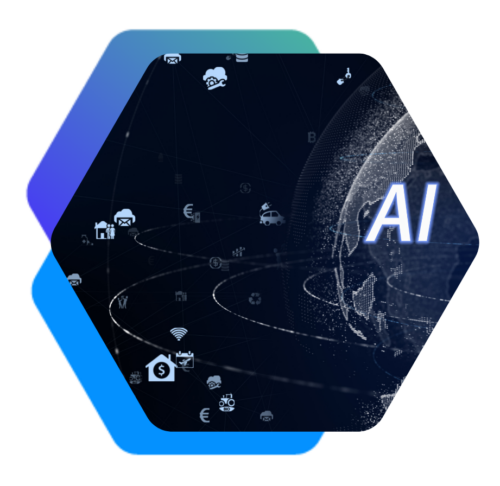The Effects of AI on Graduate Recruitment
From the Guardian Interview to Market Reality
Last week, Felix Mitchell, co-CEO of Instant Impact, received an unexpected call from The Guardian's business desk. They were investigating something we've been watching closely: the impact of artificial intelligence on graduate recruitment and whether "AI could be accelerating slowdown in the UK job market."
The resulting article, published on Sunday, featured insights from recruitment specialists across the UK's biggest agencies. Felix's contribution highlighted a crucial perspective that's often missing from the AI debate.
 The Guardian piece revealed that graduate job openings are at their lowest level since 2018, with multiple factors at play. While some recruiters cited economic uncertainty and increased employer national insurance contributions, Felix offered a more nuanced view of AI's specific impact.
The Guardian piece revealed that graduate job openings are at their lowest level since 2018, with multiple factors at play. While some recruiters cited economic uncertainty and increased employer national insurance contributions, Felix offered a more nuanced view of AI's specific impact.
"Jobs related to STEM are the most disrupted," Felix explained to The Guardian. "I do think that the evidence suggests that AI will likely be a net job creator, but the losses are happening faster than the gains."
This insight captures exactly what we're seeing with our clients at Instant Impact. The traditional entry-level roles that graduates have relied on - particularly in tech and data analysis - are evolving rapidly. Some are disappearing entirely, while others are being transformed into hybrid positions that require different skill sets.
From our perspective working with mid-sized businesses, the disruption isn't hitting all sectors equally. STEM roles are feeling the biggest impact because AI can most easily replicate analytical and data-processing tasks that have traditionally been graduate entry points. But this creates opportunities for companies that adapt quickly. 
What's particularly interesting is how this shift is elevating the importance of distinctly human skills. As AI handles more routine work, employers are looking for graduates who can think critically, communicate effectively, and work collaboratively with AI tools rather than be replaced by them.
Felix's analysis, featured alongside insights from major recruiters like Sphere Digital Recruitment and Oriel Partners, reflects our commitment to understanding these complex market dynamics. At Instant Impact, we're not just observing these changes - we're actively helping our clients navigate them.
 The Guardian article captured something important: we're at an inflection point in graduate recruitment. The old models are being challenged, but the new models are still taking shape. For businesses, this means being more strategic about graduate hiring and more invested in the human elements that AI can't replicate.
The Guardian article captured something important: we're at an inflection point in graduate recruitment. The old models are being challenged, but the new models are still taking shape. For businesses, this means being more strategic about graduate hiring and more invested in the human elements that AI can't replicate.
The future of graduate recruitment isn't about humans versus machines - it's about humans working with machines to create better outcomes for everyone involved.
Want to discuss how these trends might affect your business? At Instant Impact, we specialise in helping mid-sized companies navigate the evolving talent landscape. Get in touch to learn more about our approach to modern recruitment challenges.
Share this
